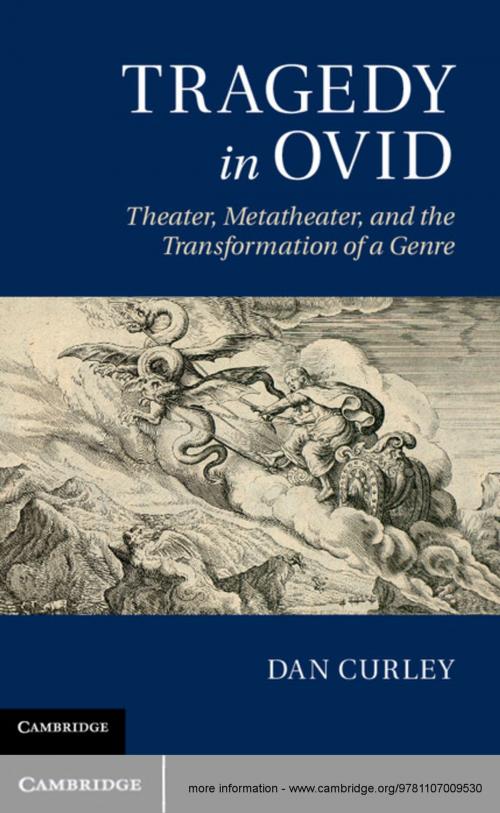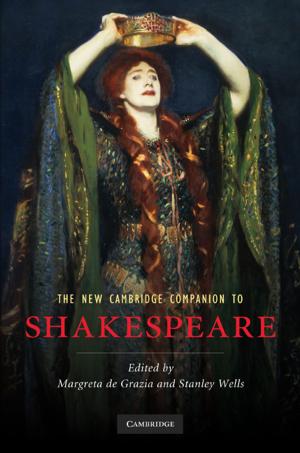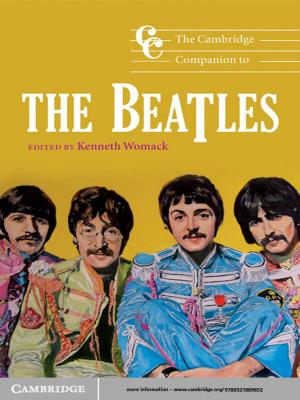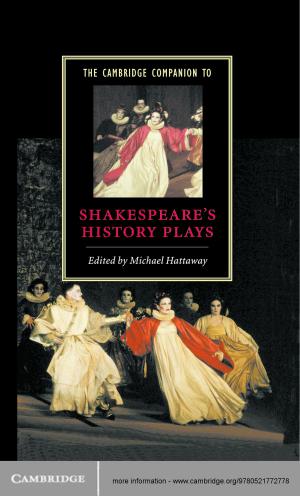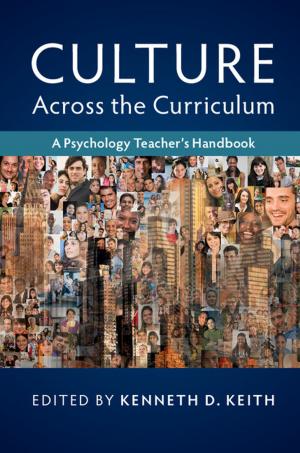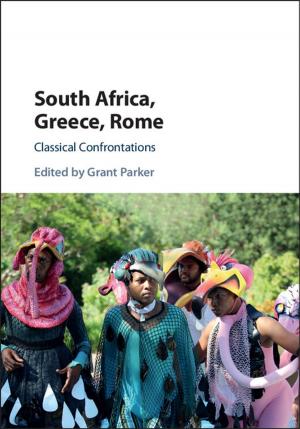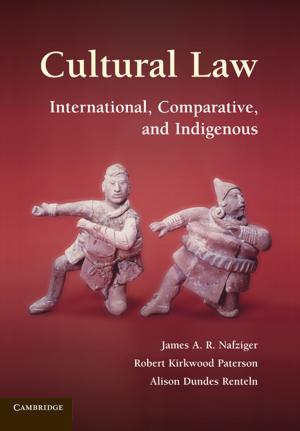Tragedy in Ovid
Theater, Metatheater, and the Transformation of a Genre
Nonfiction, History, Ancient History, Fiction & Literature, Literary Theory & Criticism| Author: | Dan Curley | ISBN: | 9781107241152 |
| Publisher: | Cambridge University Press | Publication: | July 18, 2013 |
| Imprint: | Cambridge University Press | Language: | English |
| Author: | Dan Curley |
| ISBN: | 9781107241152 |
| Publisher: | Cambridge University Press |
| Publication: | July 18, 2013 |
| Imprint: | Cambridge University Press |
| Language: | English |
Ovid is today best known for his grand epic, Metamorphoses, and elegiac works like the Ars Amatoria and Heroides. Yet he also wrote a Medea, now unfortunately lost. This play kindled in him a lifelong interest in the genre of tragedy, which informed his later poetry and enabled him to continue his career as a tragedian – if only on the page instead of the stage. This book surveys tragic characters, motifs and modalities in the Heroides and the Metamorphoses. In writing love letters, Ovid's heroines and heroes display their suffering in an epistolary theater. In telling transformation stories, Ovid offers an exploded view of the traditional theater, although his characters never stray too far from their dramatic origins. Both works constitute an intratextual network of tragic stories that anticipate the theatrical excesses of Seneca and reflect the all-encompassing spirit of Roman imperium.
Ovid is today best known for his grand epic, Metamorphoses, and elegiac works like the Ars Amatoria and Heroides. Yet he also wrote a Medea, now unfortunately lost. This play kindled in him a lifelong interest in the genre of tragedy, which informed his later poetry and enabled him to continue his career as a tragedian – if only on the page instead of the stage. This book surveys tragic characters, motifs and modalities in the Heroides and the Metamorphoses. In writing love letters, Ovid's heroines and heroes display their suffering in an epistolary theater. In telling transformation stories, Ovid offers an exploded view of the traditional theater, although his characters never stray too far from their dramatic origins. Both works constitute an intratextual network of tragic stories that anticipate the theatrical excesses of Seneca and reflect the all-encompassing spirit of Roman imperium.
